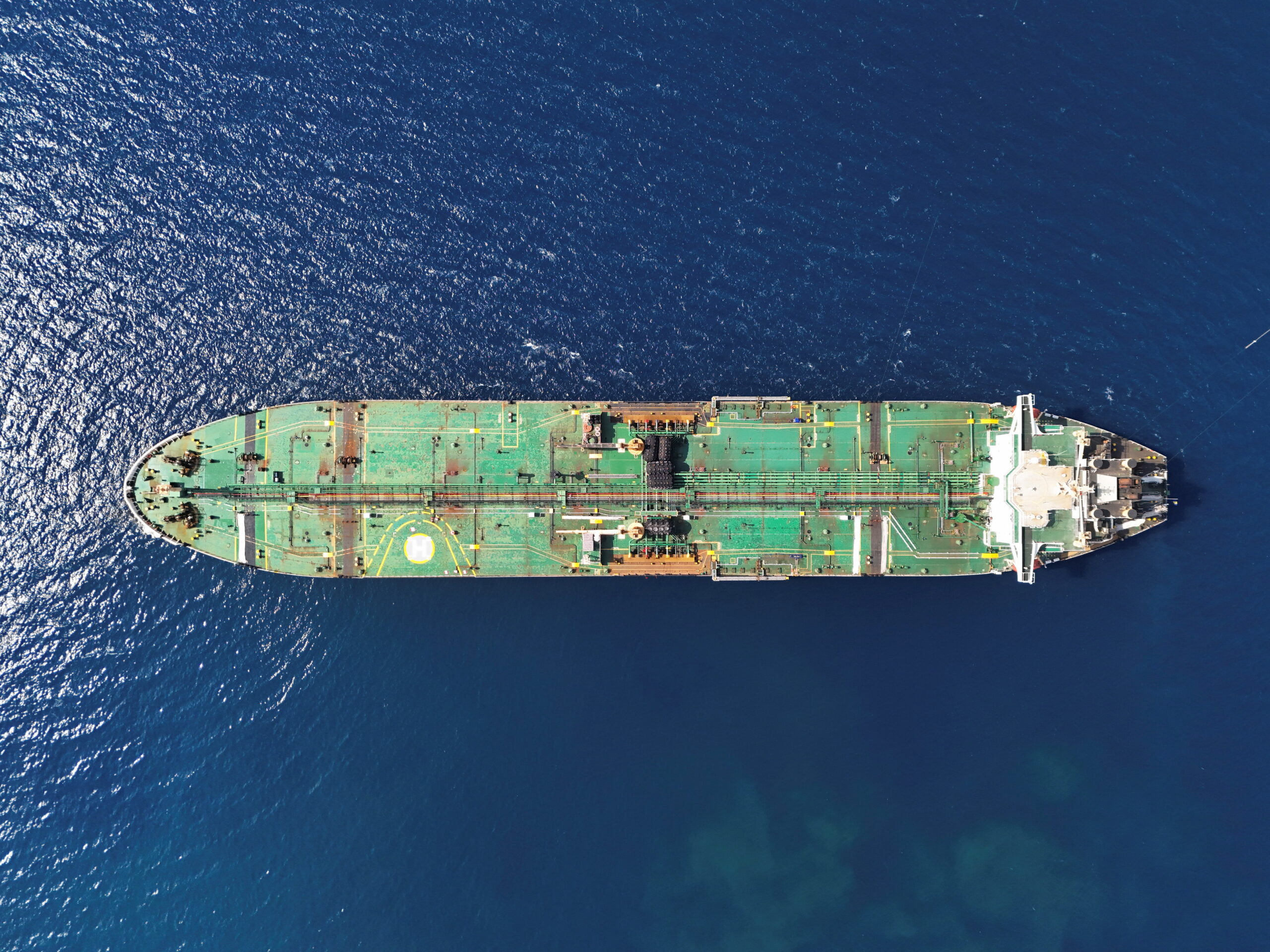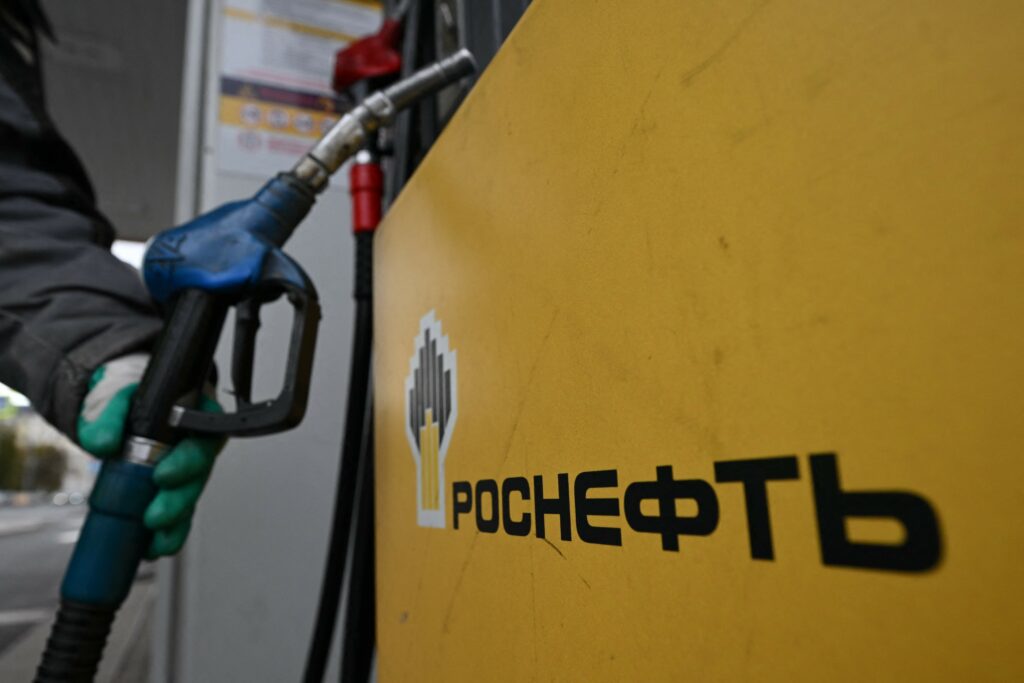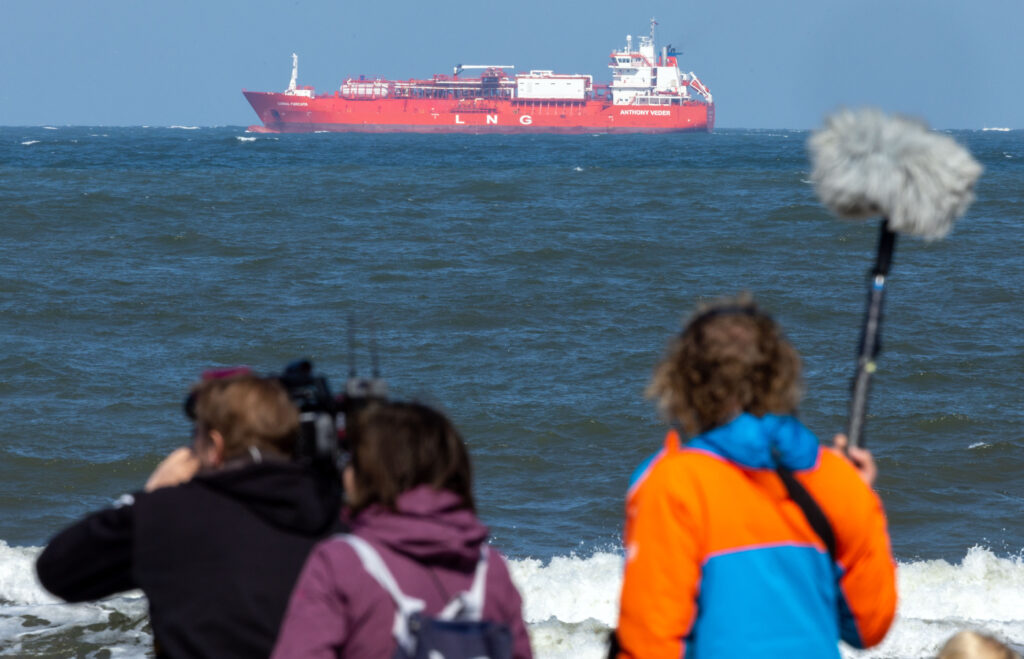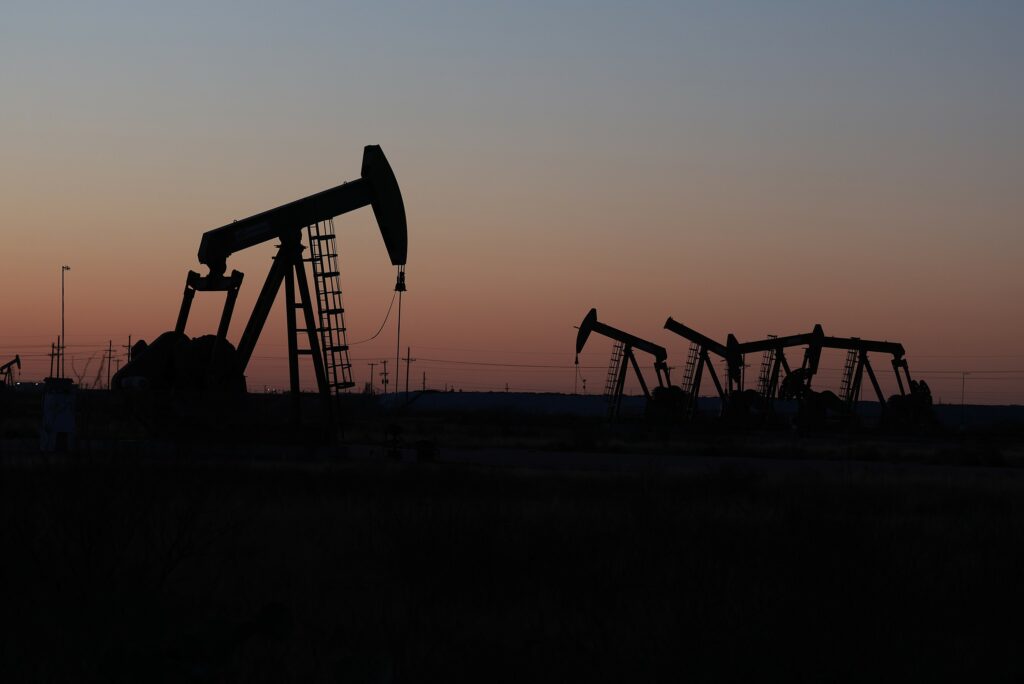The 18th sanctions package, adopted by the European Union in July 2025, could deliver the most significant blow to Russia’s oil sector since the onset of sanctions. The new measures aim to close loopholes that have allowed Russia to maintain stable oil revenues over the past two years. The centerpiece is a ban on importing oil products refined from Russian crude in third countries not part of the sanctions coalition. This measure seeks to eliminate pathways through which Russian energy resources have entered the European market, technically complying with sanctions but effectively bypassing them. The key question is whether the EU can enforce this measure effectively.
«Price Cap» and Russian Countermeasures
Following the start of Russia’s full-scale war against Ukraine, the EU, G7, and allied nations imposed an embargo on seaborne Russian oil and oil product imports, alongside a price cap mechanism for exports to third countries. The mechanism prohibits coalition companies from providing services (transport, insurance, brokering, technical support, etc.) to third-country entities if Russian oil or products are purchased above the set cap. Until the 18th package, the cap was $ 60 per barrel for crude oil, $ 100 for premium oil products, and $ 45 for discounted oil products. The new package lowers the crude oil cap to $ 47.6 per barrel, introducing a floating review mechanism to keep it 15% below the six-month average Urals price. This cap takes effect on September 3, 2025, with a 90-day transition period for existing contracts. Revisions to oil product caps are under discussion but not yet announced.
Russia has developed three main strategies to undermine the price cap. First, it created a «shadow fleet» of tankers and an ecosystem of anonymous operators, offshore owners, traders, oil service providers, and insurers involved in transporting and selling Russian oil and products in violation of sanctions. By early 2025, the shadow fleet accounted for 66% of Russia’s seaborne exports, though this dropped to 44% by June.
Second, Russia expanded export routes through third countries with advanced refining capacities. Exports of Russian crude to China and India surged, with the latter refining it and re-exporting products, often to the US, EU, and UK, under new customs codes and origins. India’s imports of Russian crude rose from 4.5 million tons in 2021 to 92 million tons in 2024, accounting for about 40% of its oil imports. India now imports roughly 1.8 million barrels of Russian crude daily, exporting billions in refined products (mainly diesel and gasoline) to Western markets. For instance, from January 2024 to January 2025, the Vadinar refinery, supplied by sanctioned Rosneft, sent $ 135 million worth of oil products to the US. Between December 2022 and November 2023, three Indian refineries (Jamnagar, Vadinar, and New Mangalore) exported € 1.6 billion in oil products to the UK, with over € 600 million, mostly aviation fuel, derived from Russian crude.
Third, Russia established supply chains through countries with limited refining infrastructure but acting as hubs to mask cargo origins via port logistics, oil terminals, blending, and legal re-documentation. From February 2023 to February 2024, Turkish ports like Ceyhan, Mersin, and Marmara Ereğlisi, which lack refineries, supplied over 5 million tons of oil products worth € 3.1 billion to the EU, much of it from Russia. Similarly, Georgia, despite no refining capacity, exported 61,000 tons of «Georgian» oil products to the Netherlands and 14,000 tons to Greece in 2024, rebranded without full processing.
According to the Centre for Research on Energy and Clean Air (CREA), from June 2022 to June 2025, China purchased 47% of Russia’s crude exports, and India 38%. In 2023, sanctions coalition countries imported $ 8.5 billion in oil products made from Russian crude, despite the embargo and price cap.
EU Oil Sanctions Targeting Third Countries
The EU has traditionally focused on countering the shadow fleet, with the 15th package banning 52 third-country tankers from EU ports and services, and the 18th package adding 105 more, totaling 444 sanctioned tankers, many registered under «flags of convenience» like Panama, Palau, Comoros, or Vanuatu.
The 18th package introduces systemic restrictions on «backdoor trade”—Russian energy entering the EU via non-sanctioned third countries. Effective January 21, 2026, it bans imports of oil products (HS code 2710, including diesel, gasoline, and fuel oil) made from Russian crude in such countries, with the following measures:
- Importers and traders must document the origin of oil products, including the crude used in their production.
- Transport and shipping companies must provide route details, including loading/unloading ports and changes in vessel flags or ownership.
- Exemptions apply to countries with their own Russian oil embargoes (Canada, US, UK, Norway, Switzerland), deemed reliable for product origin.
- A «net exporter» rule assumes products from countries exporting more oil than they import are made from local crude, unless suspicions of Russian origin trigger investigations.
A significant step is sanctioning India’s Nayara Energy, which owns the Vadinar refinery, banning it from supplying any oil products to the EU, risking a $ 15 billion market loss. This sets a precedent for pressuring refiners in non-sanctioned countries. After the package’s adoption, a BP-chartered tanker carrying 447,000 barrels of diesel was forced to leave an Indian terminal without cargo. Nayara Energy now demands prepayments or letters of credit before loading.
The sanctions regime doesn’t aim to fully block Russian oil from global markets but to reduce Russia’s export revenues and war-financing capacity while minimizing energy market shocks. The 18th package extends this logic, targeting not just sellers and buyers but also refiners, re-exporters, and traders in third countries, aiming to prevent Russian oil legitimization through refining or re-export. Success hinges on robust enforcement.
Enforcement and Control Challenges
The 18th package’s effectiveness depends on enforcement, not just formal bans. Without robust oversight, the measures risk remaining declarative, given the complexity of oil supply chains.
First, verifying oil origins post-refining is technically and legally challenging. The oil market is fragmented, logistics are opaque, and crude is often blended or reloaded in neutral ports. Even with certificates and route data, confirming the absence of Russian crude is nearly impossible.
Second, enforcement relies on EU member states’ national authorities, whose implementation varies. Some may limit efforts to formal compliance, avoiding deep origin checks, creating «weak links» where supplies flow through less-regulated jurisdictions, undermining the regime.
Third, verification capabilities are limited. The EU relies on data from trade participants, lacking access to independent sources like satellite monitoring, port data, or third-country customs statistics, making it vulnerable to manipulation.
Fourth, pressuring refiners in non-sanctioned countries risks diplomatic and legal pushback. Nayara Energy plans to challenge EU sanctions in court, India has rejected supporting the measures and urged the EU to avoid «double standards» in energy trade, and China’s Commerce Ministry protested its companies’ inclusion, threatening retaliation. Such reactions could strain trade and diplomatic ties with the EU.
Finally, Russia is likely to adapt quickly, as seen with prior sanctions spurring «shadow infrastructure» growth. Moscow may seek new loopholes via alternative routes, proxy structures, cryptocurrencies, or offshore zones, particularly in countries with weak oversight and economic incentives to cooperate with Russian exporters.
Thus, the EU’s primary task is not just tightening bans but building enforcement mechanisms—uniform verification standards, data sharing, and sanctions audits. Without these, the 18th package’s oil sanctions targeting third countries risk ineffectiveness, as earlier restrictions did against sophisticated evasion schemes.










